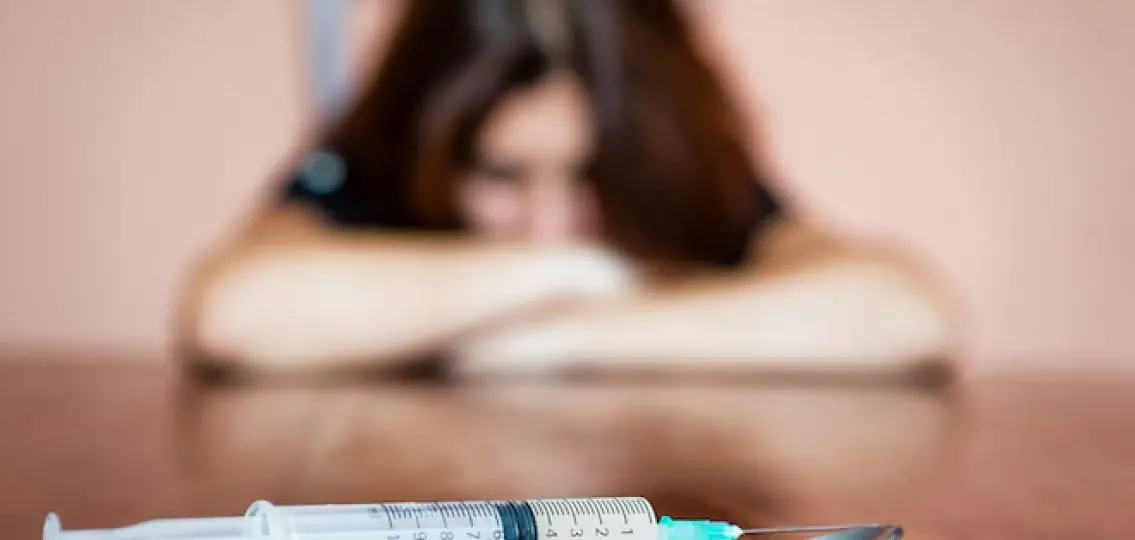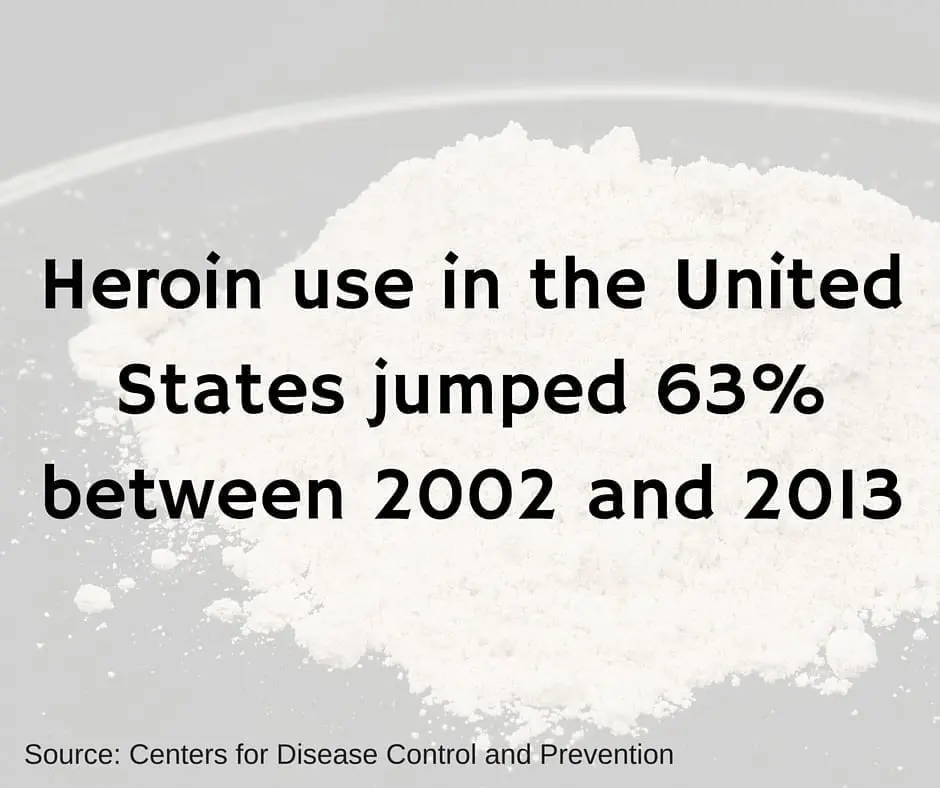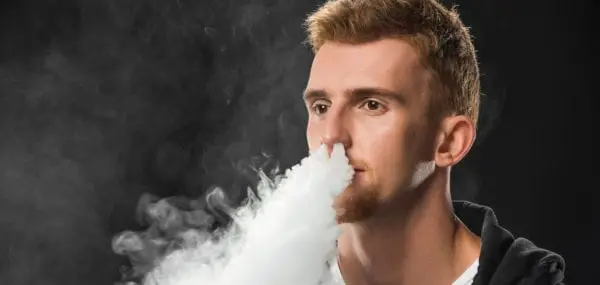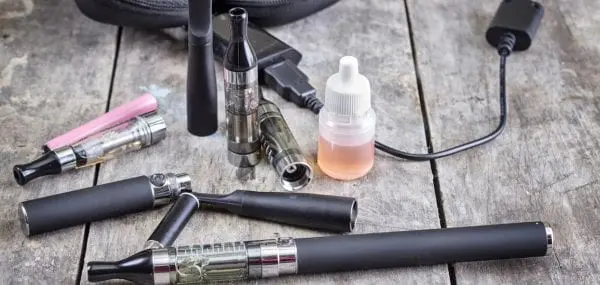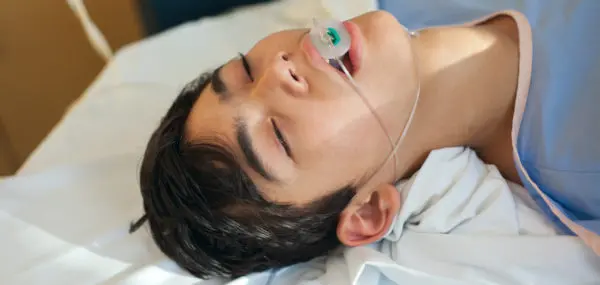When someone in your family has an addiction, the whole family is affected. Not only do you worry about the sibling or child who is addicted but also you have your own personal challenges about how to cope, from figuring out how to support your loved one to how to care for yourself. Here are two stories – one from a sibling and one from a parent. Both share the painful and hopeful ways that these family members have responded to having someone they love struggle with heroin addiction.
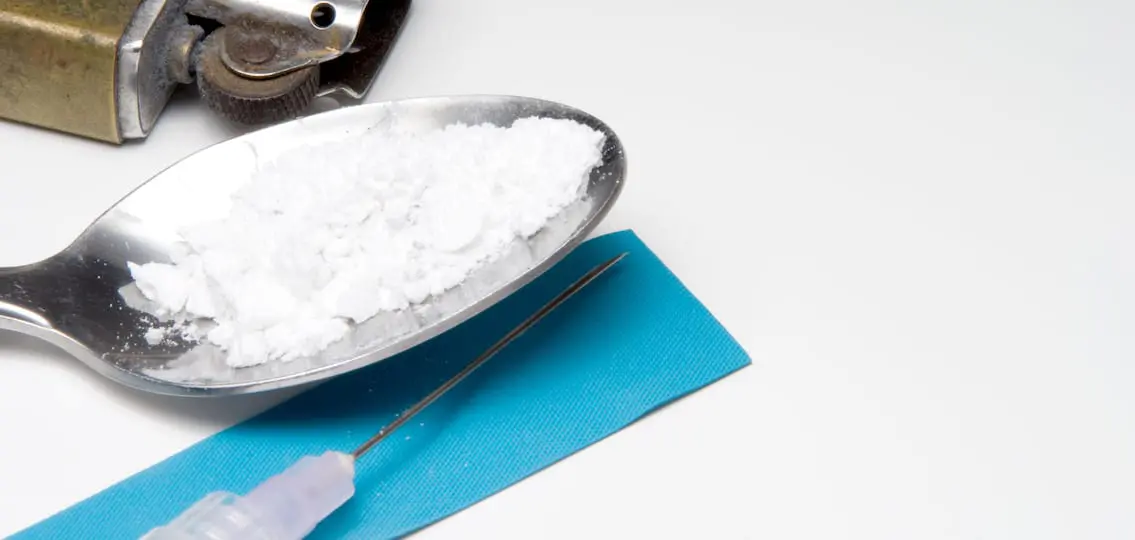
STORY #1 | Grant Davis
I have experienced many dark and scary moments as a result of my sister’s heroin addiction. Life was unsteady, and it felt as if my once happy and well-adjusted family was falling to pieces. I saw my sister make choices that I couldn’t accept. I was stuck in the middle, wanting to be loyal to her, yet trying to deal with the knowledge that she was harming herself and could harm others.
My issues and guilt as a sibling differed from those that my parents experienced. To top it off, my parents’ urgent need to focus on helping my sister left so many other things without attention, including me. I often thought, “What about me?”
I was in the fifth grade when my sister’s situation was at its very worst. That coincided with my enrollment in the “D.A.R.E” program at our elementary school. The program gave me some insights and tools for prevention in my own life. But the pain of my sister’s heroin addiction still overwhelmed me. I desperately needed ways to cope.
Then, one day, I discovered some relief. I began singing, first in the shower or alone in my room. Then, I graduated to the yard and eventually a performing group in our local community. I found that when I sang, the pain left, and I could think clearly.
In addition to singing, songwriting gave me a new way to express my concerns and thoughts. One of the songs I wrote was about my sister. I entered the song into a NIDA contest and won third place. In the song, I wrote about life from her view, as the addict. I tried to understand why she was having so much trouble overcoming her addiction.
I feel that she, every second of every day, wishes she could go back and live her life differently.
Yet, she feels trapped by her past choices to use drugs and now experiences huge consequences from them.
From what I understand, heroin addiction, especially when used by injection, is one of the most difficult drug habits to overcome. But, it takes away our dreams for our lives. We have such wonderful dreams when we are little, dreams of all that we will do and become. And the disappointment when we can’t fulfill those is heartbreaking. If time could only rewind us to the point where we could make a different decision, what would the results be?
More recently, I found out about a local program called Join Together Northern Nevada (JTNN), a non-profit that focuses on drug awareness and prevention. They were looking for a young person to help with a media campaign, and I responded. Now, through my faith, singing/songwriting and JTNN, I have the outlet I need to deal with the constant issues that our family experiences as we ride the “ roller coaster” of drug abuse.
I believe that everyone has talent, and the process of discovering and unleashing that talent can profoundly impact our self-esteem. When we build our self-esteem, we have less reason to give into peer pressure and try drugs. And it’s easier to feel confident in life decisions. It is a whole lot easier to help someone before they succumb to peer pressure than it is after.
Just so you know, I still hold out hope for my sister…but it won’t ever be easy.
STORY #2 | Anonymous
“We didn’t cause it, we can’t control it and we can’t cure it.” This wisdom, courtesy of Alcoholics Anonymous, has sustained my husband and me since our beautiful, intelligent 19-year-old son, John, became addicted to heroin.
Looking back, John’s road to heroin began in eighth grade when he missed his regular soccer practice. When he finally returned to our house in our middle class neighborhood, he was red-eyed and spaced out. We could tell he’d been smoking marijuana.
His behavior intensified during high school. In tenth grade, John was arrested after finishing a bottle of rum in a park with some friends. We immediately sent John to a drug and alcohol counselor. Whenever I suspected any drug use, I would administer an at-home drug test. My husband and I responded like responsible parents, talking about the dangers, providing the counseling and revoking privileges as warranted.
However, three weeks before his eighteenth birthday, John was arrested again, this time for smoking black tar heroin. He was placed in a diversion program that included court-ordered outpatient drug treatment. This finally seemed to make a difference. That year, he graduated from high school and the following fall, he enrolled in community college where he earned A’s and B’s. John applied to several four-year colleges and even received a partial scholarship to an excellent private school in New York City.
Everything looked promising; yet, something still seemed amiss. Despite having a well-paying job, John never seemed to have any money. One evening, as his father and I headed out for a walk, John stopped us with the news that his buddy, whose parents we knew, overdosed when they’d been shooting up heroin. John called 911. Fortunately, his friend survived, and for us, this was truly our wake-up call.
With a heavy heart, we recognized that college in NYC was out of the question, and John needed to get back into counseling. He adamantly refused.
Meanwhile, we found a fantastic parent support network in Seattle called CHANGES where we learned how important it was to stop giving generously to our son. We learned to stop doing for him what he could do for himself.
In small steps, and with the encouragement of our support network, we stopped paying for John’s cell phone, stopped lending him money and refused to pay for any school tuition.
We began giving him the message that he was an adult now, making adult decisions.
And the only thing we would financially support would be intensive in-patient drug treatment for his heroin addiction.
When these small steps culminated in our decision not to allow John to live at home anymore, he finally agreed to a 90-day treatment program in a rural countryside, far from his using friends and sheltered life at home.
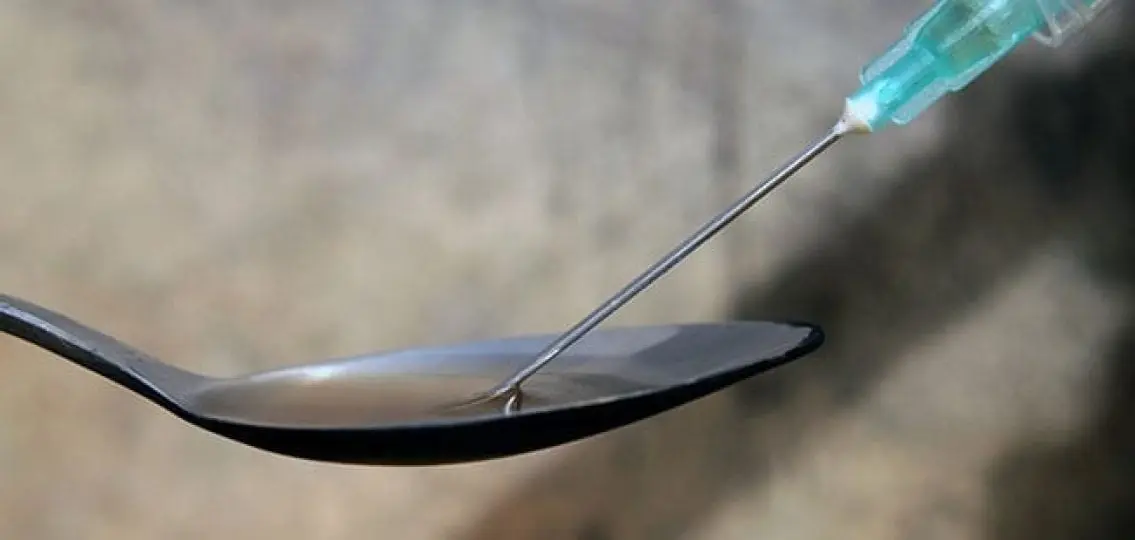
As I write this, John is nearing the end of in-patient treatment. He recognizes and accepts that he is a recovering addict and is willing to go into a sober living program, again out of state and far away. When he leaves in-patient, we know he could well relapse; heroin addiction has a very strong pull. But, it is out of our control. Still, the message we continue to send is that we will pay for nothing but treatment and that all financial help stops if he starts using again. In the meantime, we will continue to go to our CHANGES meetings, continue to receive the support and encouragement that got us this far and thank the caring recovery community for all its support as we take one day at a time.
